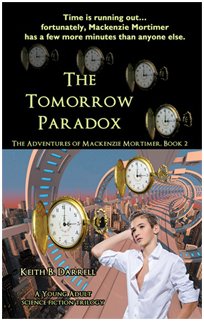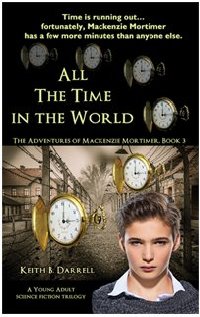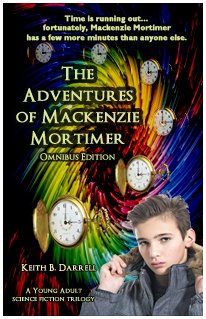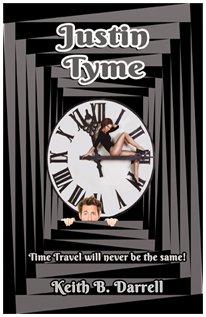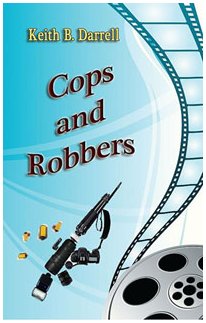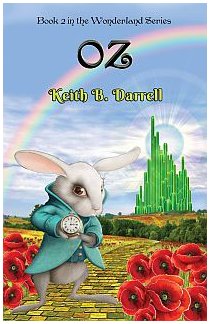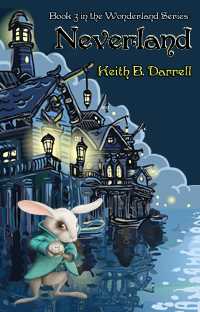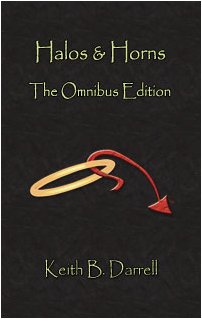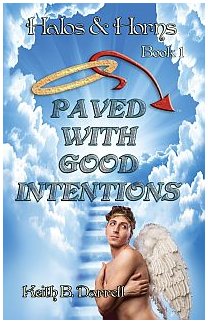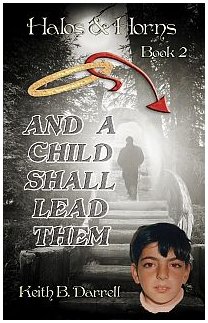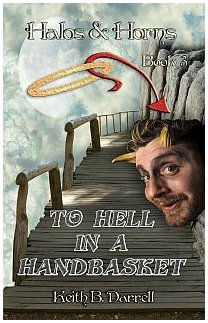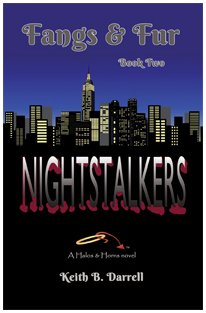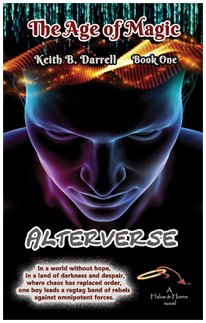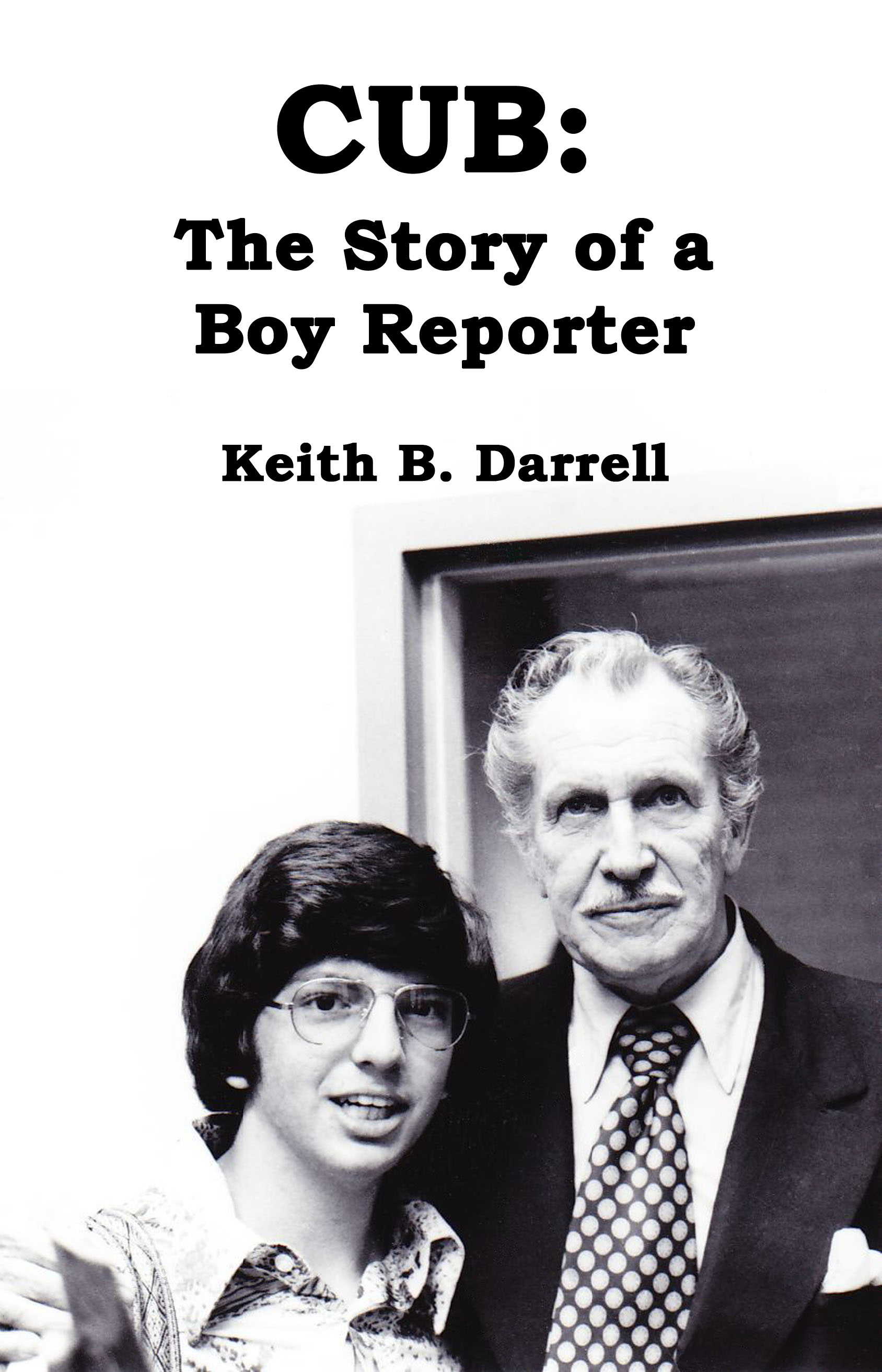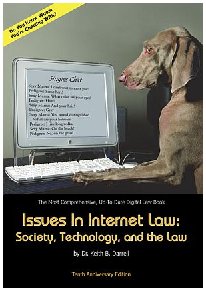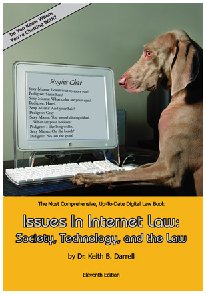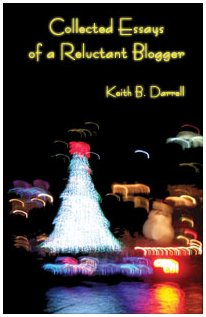For many years, whenever I would stop off at the local
Starbucks, I could count on seeing Dormouse squirreled away at one of the
tables in the rear of the coffee shop, tapping away on her laptop as she sipped
her Frappuccino. Her name wasn’t Dormouse, of course. But as she slid her straw
through her rodent-like buck teeth and torpidly dragged her fingers across her
keyboard, pausing to stare up with her beady eyes and bushy coiffure, she
struck me not as the middle-aged woman who had introduced herself as Doris one
winter day, but rather as a dormouse, seeking sanctuary from the world in the
recesses of a suburban coffee shop.
Doris had worked for many years for a large corporation that
one day decided it needed to become a much smaller corporation, and on that
day, like many of her coworkers, Doris found herself banking a generous
severance check and contemplating her future. Her job search proved futile, as
her former employer’s competitors were also downsizing for the recession. Not
that Doris needed the income; her husband, a plastic surgeon, provided quite
well for them. But Doris felt awkward whenever anyone asked what she did for a
living. “Housewife” conjured memories of her mother, she felt too young to be
“retired”, and “unemployed” made her feel like a discarded failure.
So, Doris fled her suburban prison each morning and drove to
her “office” at Starbucks, where she would begin her day with a steaming cup of
Joe, flip open her laptop, and morph into Dormouse. As the day progressed, her
hot coffees were replaced by chilled Frappuccinos and patrons would admire her
diligence. Some regulars would even strike up a conversation, asking what she
did for a living (perhaps curious she seemed to reside at the Starbucks).
Dormouse would smile, point to her laptop, and reply, “I’m a writer.”
Dormouse never showed her writing to anyone. It would never
be read or published. Dormouse had never trained to be a writer. Her spelling
was poor and her grammar worse. She had no clue as to diction (word choice),
punctuation, plotting, characterization, or any of the skills necessary to
become a writer. But that didn’t matter, because no one was ever going to read
the words Dormouse painfully contorted into sentences. What mattered, to her,
was she felt she had a purpose in life. She was not unemployed. She was not
retired. She was not a housewife waiting dutifully for her husband to return
home from work. She was a writer, a calling that placed her in the esteemed
company of wordsmiths like Hemingway and Shaw.
Except Dormouse wasn’t a Hemingway or a Shaw, or even a
hack. She didn’t have a natural talent or flair for writing, nor had she honed
her craft, as I and other writers had over many decades. She had never done the
hard preparatory work of studying literature and grammar. She had never
suffered the abuse of writing instructors dissecting her work like a biology
lab frog and grimacing at the remains. She had never experienced the daily
grind of an editor slicing her story with a red pen until it bled like a murder
victim and then stating he’d run the story only because they hadn’t sold enough
ads to fill the page. In short, Dormouse hadn’t paid her dues or learned her
craft. She was not truly a writer; to be generous, she was a creative typist.
I would cringe whenever a Starbucks patron said, “Oh, you’re
a writer, too, just like Doris.” I’d glance at the dormouse squirreled away in
the corner, and force a polite smile. Doris was a lovely lady who had found a
sense of identity and purpose, albeit in an ill-fitting metaphorical suit. Her
illusory vocation as a writer was harmless, so long as she never shared her
writing with anyone. I wondered how bad her writing might be, were I ever bold
enough to sneak a peek at her laptop.
One day, I found out. Dormouse discovered e-books and, using
Starbuck’s WiFi, uploaded her book right from her table. As I feared, it was
dreadful. Amateurish. Unprofessional on every level, from writing to editing to
production. Yet Dormouse was proud. She was vindicated. Now she was
“published.” Dormouse flashed me a self-satisfied smile. “Now, I’m an author,
like you.”
I sipped my Frappuccino and gazed across the coffee shop. My eyes fell on dozens of dormice, tapping away on laptops. I felt a pang of sympathy for the readers. How would they differentiate between creative typists and writers in an e-world where anyone could proclaim herself an author? As the slush pile moves online, will we reach a point where self-published dreck proliferates so rapidly it becomes the new standard? Will the next generation, raised on a diet of unprofessional writing, be incapable of telling the difference between good and bad writing? A young woman across from me flipped the page on her paperback edition of “Twilight”. Perhaps it was already too late.
I sipped my Frappuccino and gazed across the coffee shop. My eyes fell on dozens of dormice, tapping away on laptops. I felt a pang of sympathy for the readers. How would they differentiate between creative typists and writers in an e-world where anyone could proclaim herself an author? As the slush pile moves online, will we reach a point where self-published dreck proliferates so rapidly it becomes the new standard? Will the next generation, raised on a diet of unprofessional writing, be incapable of telling the difference between good and bad writing? A young woman across from me flipped the page on her paperback edition of “Twilight”. Perhaps it was already too late.



